We recently connected with Holly Rachels and have shared our conversation below.
Holly , looking forward to hearing all of your stories today. We’d love to hear the story behind how you got your first job in field that you currently practice in.
I grew up in a small community in the Texas Panhandle. The nearest big “city” was 60 miles away. This meant that all the medical care for our community was done in the near by county hospital. My aunts worked there my entire life. One of my aunts pushed me to do a clinical internship there during physical therapy school and apply for a scholarship to pay for part of my schooling in return for committing to work for the hospital after graduation. I loved it! It was a small town feel where you knew many people and if you didn’t know them, they quickly became like family. After completing PT school, I decided to return back to this rural hospital to begin my career in physical therapy. I learned so much at this first job. I learned about all areas of physical therapy (wound care, home health, ICU/acute care, nursing home care, and school therapy) that you don’t get alot of education and hands on experience on with in school. It was a great learning opportunity!
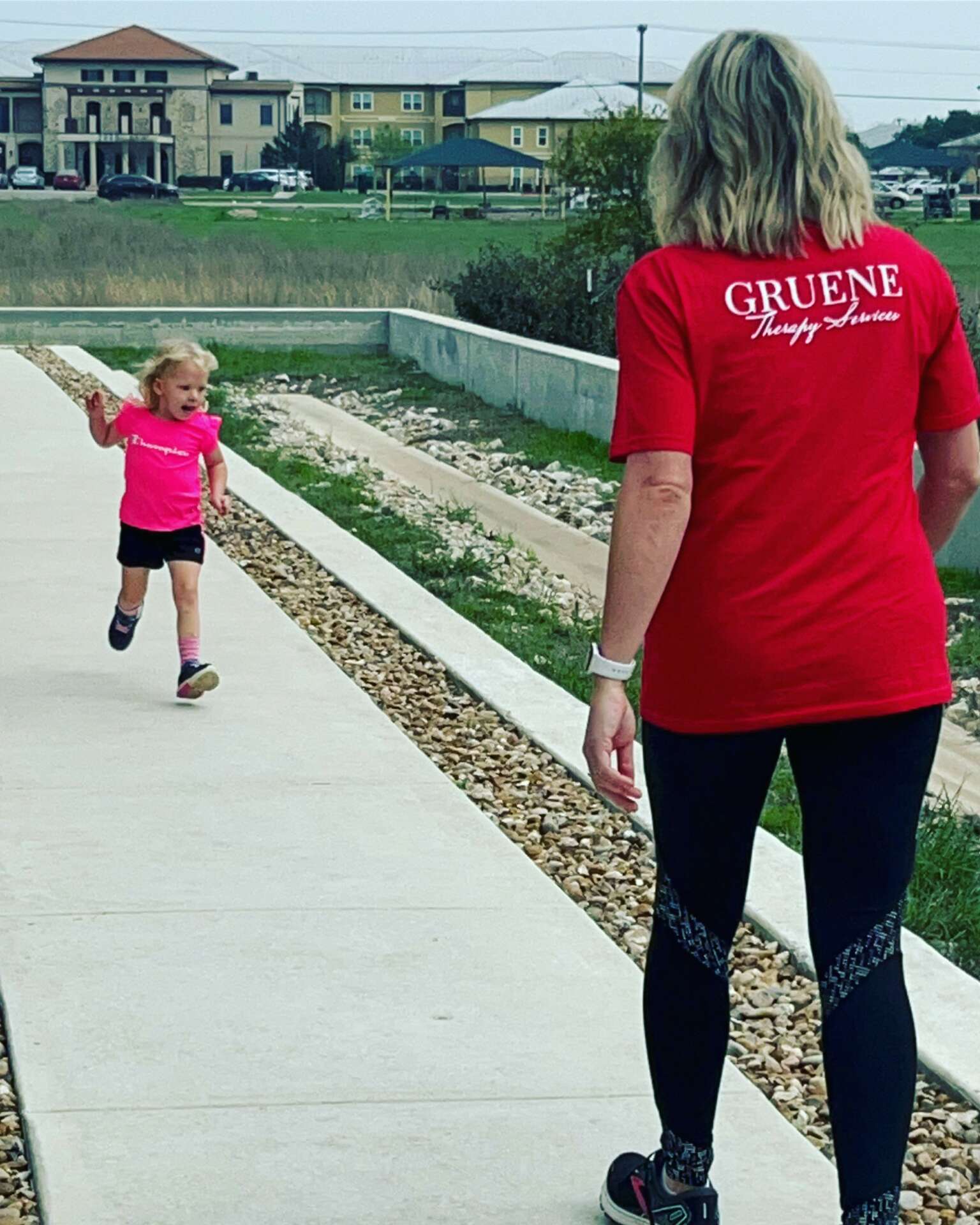
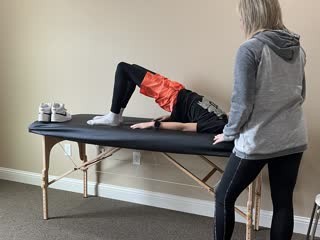
Holly , before we move on to more of these sorts of questions, can you take some time to bring our readers up to speed on you and what you do?
I’ve became interested in pursuing a degree in physical therapy after receiving physical therapy in Jr. High School. After graduating with my bachelor’s degrees in Sports and Exercise Sciences with an Exercise emphasis, I decided to continue my education in physical therapy. I wanted to be able to help people feel better, move better, and provide education to make their lives better. Patient education is probably one of my favorite things about my job. Giving patients and their families information that they cannot find on the internet or that maybe their physician didn’t give them. I’ve worked in all settings (home health, school therapy, nursing homes, ICU/hospitals, post-surgical hospitals, and outpatient clinics). I’ve honestly loved all settings. They are all different in their own way but still end with the same result…helping people.
Over the past 6 years, I’ve focused on Pediatric physical therapy. I have thoroughly enjoyed working with all ages of kids, birth to 21; however, I missed the interaction with adult patients. That is one of the reasons I decided to open my own practice. It’s been a long-time dream of mine. Now, I have the opportunity to continue working with pediatrics, but I can also add adult patients to my caseload as well. I have the experience to help parents who are worried about their child’s development, torticollis, plagiocephaly, new or unknown diagnoses that affects their child’s mobility, and overall general wellness. I also have experience in helping post-surgical (and pre-surgical) patients recover from or prepare for their surgical procedures. With my knowledge and 13-year experience in the different physical therapy settings, I’m able to help my patients meet their goals and find resources for any additional care that may be needed.
I truly love what I do. It isn’t a job for me. It’s a hobby and a way of life. PT doesn’t have to stand for “physical torture.” It may be hard, but it should be worth it. It should be beneficial. That is what I love about this profession. We are here to help each and every person that comes along our path. If we can’t, we will help you find someone who can.
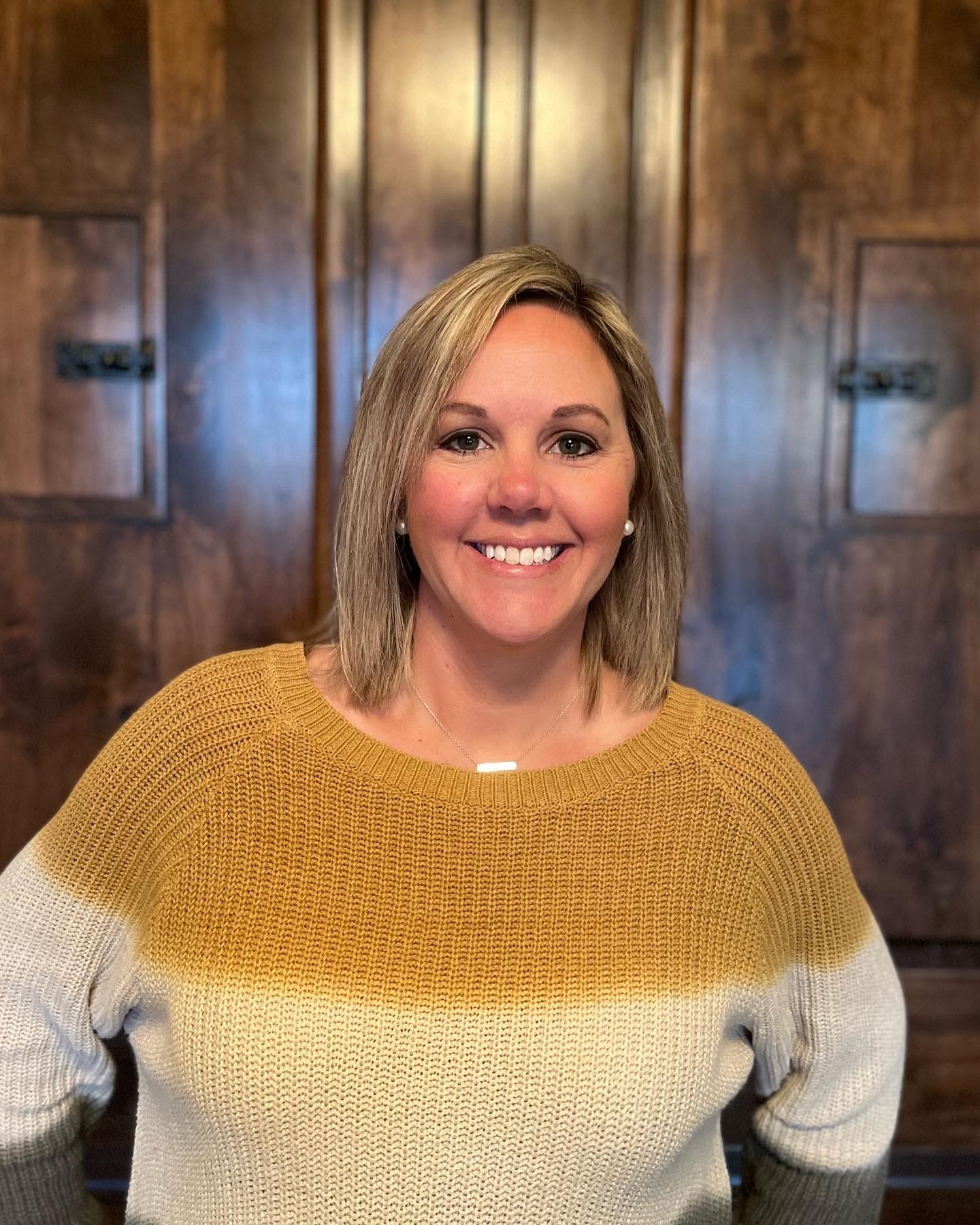
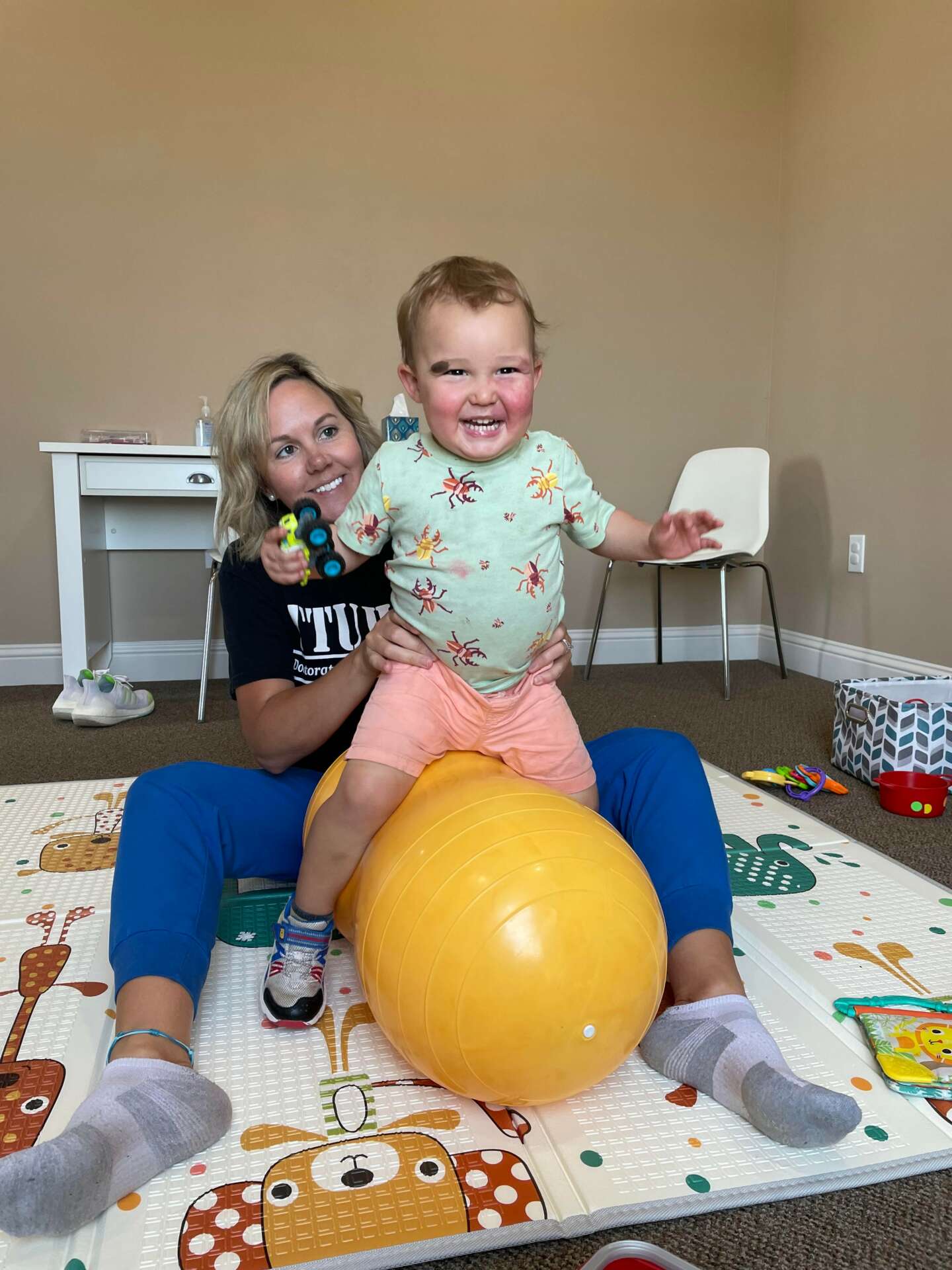
Other than training/knowledge, what do you think is most helpful for succeeding in your field?
There is so much more to being in the medical field than just your knowledge or GPA. I feel like interpersonal skills are a key component to this profession. You have to be able to communicate with your patients and/or their families. You have to be able to remain calm in high stress situations and respond to the patients’ needs in a way they understand. A therapist has to be able to create a relationship with their patients and their families so that they will trust you and the process. Our profession requires patients to do hard things, things that may be in their personal space, or painful things. Without trust and the ability to explain what and why you are doing something, it is likely that the patient won’t return.
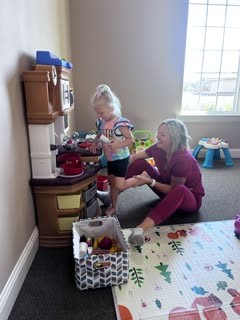
Any advice for managing a team?
Managing people is not always an easy job, but it doesn’t have to be a dreadful job. I believe that using the Golden Rule is often an effective way of managing people. How would I want my boss to treat me? Would I want to be micromanaged? What would I expect my boss to do if I was not doing my job as expected? As a manager of a team, it is important to listen to your employees and makes sure they feel heard. It is also important to explain the big picture to your employees when they may not fully agree or understand why you made the decision you made. Being able to listen first and really hear someone will create a health relationship with them where they will be able to understand your point of view as well. It also creates an open door policy where they feel comfortable to come to you with problems or concerns they may have. Complete resolution isn’t always possible but it is important to communicate effectively to your staff when you are able to solve or partially solve their problem. I think the last think that helps keep morale high is showing appreciation for your staff. Making sure they know how much themselves as individuals and their job mean to you and the team.

Contact Info:
- Website: https://gruenetherapyservi.wixsite.com/gruene-therapy-servi
- Instagram: @gruenetherapyservices
- Facebook: Gruene Therapy Services
- Linkedin: Holly Rachels
- Yelp: Gruene Therapy Services


